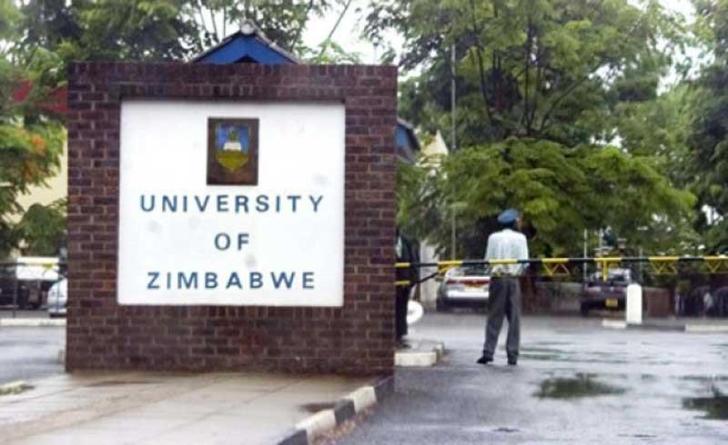Zimbabwe govt fiddles while UZ burns

The University of Zimbabwe (UZ) has suspended six students accused of mobilising their peers to participate in a protest against the institution's administration, as the ongoing lecturers' strike continues to disrupt learning at the country's oldest university.
The suspended students - Narshon Kohlo, Blessing Mtisi, Nodesha Maingehama, Tafadzwa Katsande, Tawana Hove, and Tariro Mtukura - stand accused of violating UZ's rules and regulations after they were found guilty of "holding an unlawful demonstration" at the university's halls of residence on May 12, 2025.
The suspensions were issued under Section 8(3) of the University of Zimbabwe Act, which prohibits students from engaging in conduct on or off campus deemed likely to harm the university's interests, its staff, or fellow students.
However, the students argue they are being punished for exercising their constitutional right to protest as they called for quality education and fair remuneration for lecturers.
"We were simply demanding our right to proper education. Without fairly paid lecturers, how can learning proceed effectively?" said one of the suspended students, speaking on condition of anonymity.
The suspensions come barely two weeks after UZ fired four leaders of the university's lecturers' union over the ongoing strike action. Those dismissed include Association of University Teachers president Munyaradzi Chamburuka, secretary-general Bornface Mwakorera, organising secretary Justin Tandire, and spokesperson Obvious Vengeyi.
Lecturers have been on an indefinite strike since April, demanding improved salaries and working conditions. They are calling for the lowest-paid lecturer's salary to be raised to US$2,500, up from the current US$230 plus a ZiG component worth less than US$200 when converted.
In response, university authorities have recruited adjunct lecturers to replace the striking staff. However, this move has been criticised as short-sighted and ineffective, with reports that some adjunct lecturers are so underqualified that they have been seeking assistance from the very lecturers they are replacing.
Critics argue that UZ's heavy-handed approach towards both lecturers and students demonstrates a leadership more focused on silencing dissent than addressing the root cause of the crisis - the long-standing grievances over poor remuneration and deteriorating working conditions.
Despite lecturers having engaged university authorities over salary concerns for seven years without resolution, the university continues to dig in its heels. The lecturers' union has described UZ administrators as "overpaid bureaucratic puppets" engaged in "latrine-grade governance", a scathing indictment of the current leadership's handling of the crisis.
With university standards plummeting and classes disrupted, students - who have paid their fees - remain the biggest losers, leaving many concerned about the quality of graduates Zimbabwean employers will be forced to absorb.
Observers warn that unless the government intervenes, the crisis at UZ will only deepen. The current standoff has not reached what analysts term a "mutually hurting stalemate" - a point where both sides feel enough pain to push them towards compromise.
"Government cannot continue pretending all is well. This is no longer just an internal university matter; it is a national issue with long-term consequences for the quality of education and the future of the country's workforce," said an education analyst.
Calls are mounting for government to step in and mediate between lecturers and university authorities to find a sustainable solution.
Until then, the University of Zimbabwe remains gripped by a crisis that threatens its reputation, its students' futures, and the quality of its graduates.





















